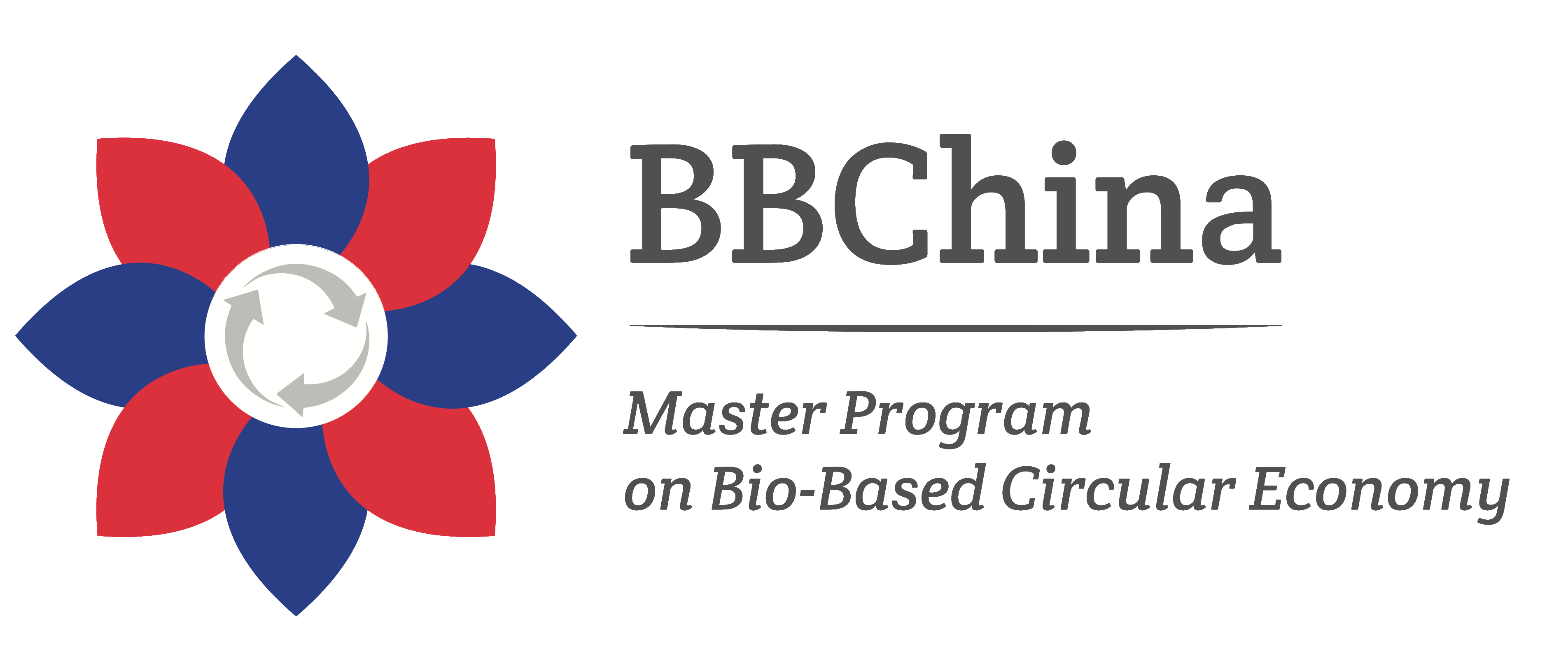
The main result of the BBChina project is the establishment of a Master Program on Biobased Economy (Biomass to Energy and Bioproducts)in the involved Chinese Higher Education Institutions (HEIs).
The Master Program is running since September 2019, involving 46 students for its first edition. Its implementation is supported by innovative teaching and e-learning tools. The interdisciplinary curriculum involves several independent subject areas including Physical Sciences (i.e. Chemistry, Biochemistry, Environmental Sciences, Ecology), Engineering, Agriculture, Forestry, Environmental protection, Market and Economy.
The Master Program is presently running in the following Institutions:
- Tongji University (TJU):
- College of Environmental Science and Engineering
- School of Mechanical Engineering
- East China University of Science and Technology (ECUST):
- School of Mechanical and Power Engineering
- Sichuan University, Chengdu (SCU):
- College of Life Sciences
- College of Chemical Engineering and Technology
- College of Chemistry
- Institution of New Energy and Low-Carbon Technologies
The program is designed to prepare highly-skilled graduates in the biomass to energy and bioproducts chain, who will be able to coordinate the design and implement solutions to solve challenges with respect to technical, economic, environmental, and ecological constraints. Therefore, this master program covers several interdisciplinary topics, such as energy conversion technologies, including different biochemical routes, system design and optimization from both technical and economic perspectives, project management, legal restrictions and also aspects of climate change, pollution and the integration of renewable energies.
More details can be found here or in the Report “General Curriculum: Structure and Syllabus of the Master Program”.
Furthermore, an Entrepreneurship Course aimed at empowering entrepreneurship attitude in the master students has been developed by the partner CESIE, based on their experience in the field. The program of the entrepreneurship course is fit to the students’ target following a “learning needs assessment survey” focussing on the identification of specific students’ knowledge/skill gaps in the field of entrepreneurship and soft skills.
Read more about the Entrepreneurship Course here.
The structure of the Master Program was implemented to fully comply with the Chinese University structure (2.5 years total duration, where the first year is devoted to front lessons, while last one and half year is devoted to projects and thesis), but efforts have been done to comply as much as possible with the Bologna Process, in order to also meet the efforts that the 3 Chinese HEIs are actually implementing to adopt a conversion system from Chinese Credits to ECTS.
Further objective of the BBChina project is strengthening of interactions and networking between HEIs, industry and institutions in China and EU. This is achieved by mean of the networking for internships activity, that is part of the Work Package 6. Companies sign an Expression of Interest (EOI) where the legal representative declares the interest of the Company support the BBChina action by offering the possibility for students to host internships and/or period of the thesis to be spent during the last year of the Master Program.
Furthermore, the Associated Partner Chamber Of Commerce Italy-China (CCIC) involved its members operating in the Green Economy (Renewable Energies, Circular Economy, Waste Management etc.). A memorandum of Understanding (MoU) was drawn up and agreed upon to establish the cooperation between the BBChina Consortium and the CCIC to facilitate BBChina students to get in contact with CCIC members operating in the Green Economy for a link with the Labour Market.
This activity is important also because the network established within the project with Chinese stakeholders (i.e. enterprises working in the biobased economy that host internships) can represent a strong basis for EU HEIs to establish new research projects and Industry/University cooperation activities.
Further details are available here.
During Summer 2019, teachers mobility took place (Staff Mobility). The aim was to fill knowledge gaps of each participant in specific fields, thanks to knowledge exchanges, study visits to research premises as well as industries working in the field.
Further information can be found here.
